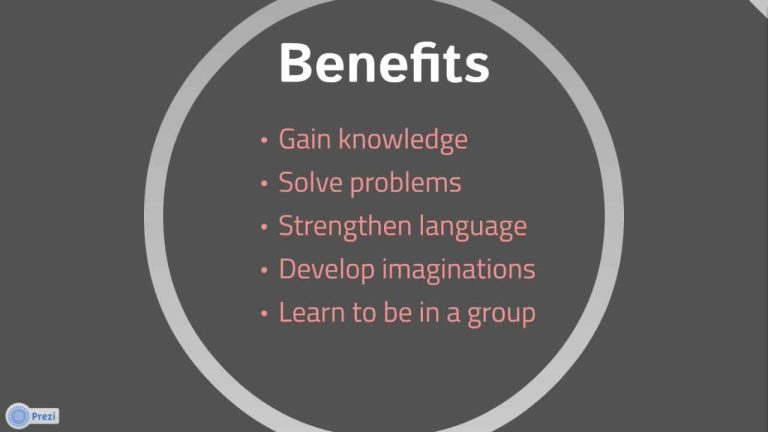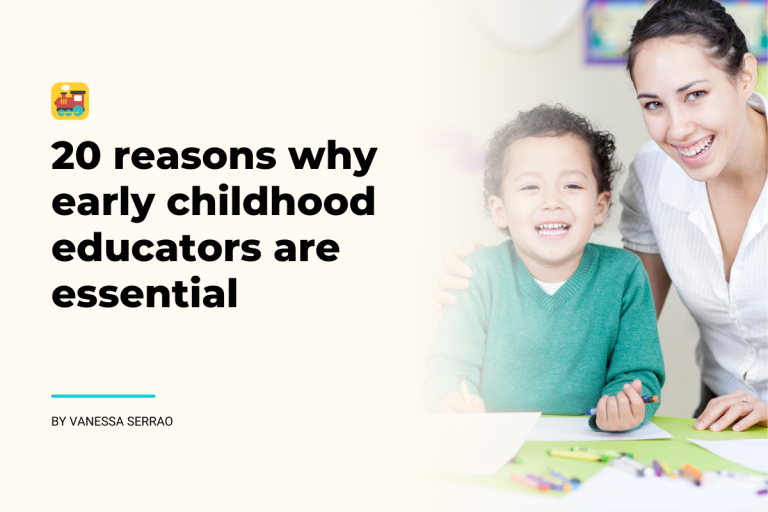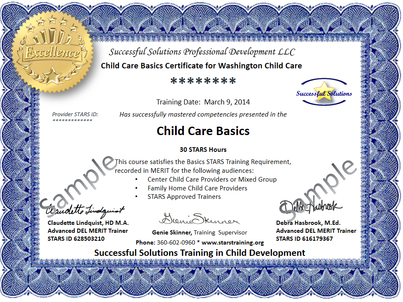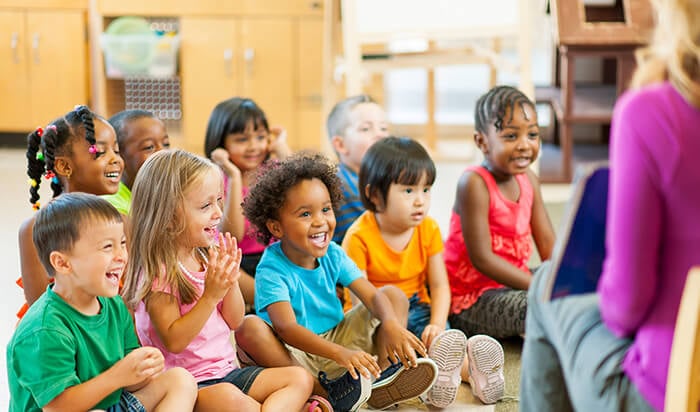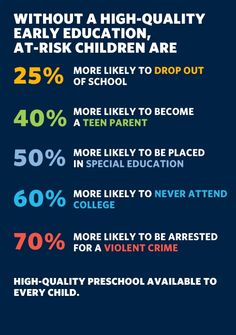What is the Purpose of Early Childhood Education : Building Strong Foundations
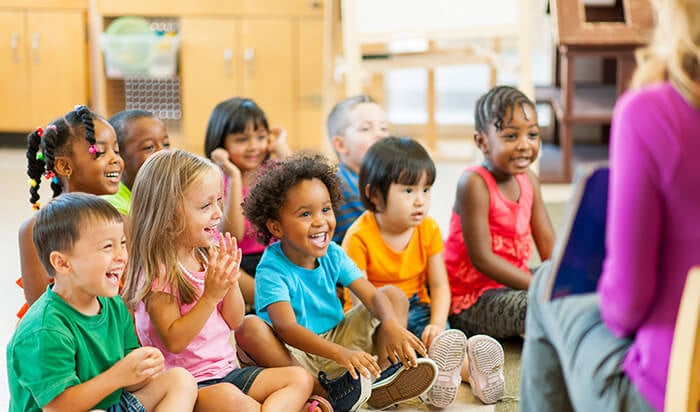
The purpose of early childhood education is to provide children with a strong foundation for their future learning and development. Early childhood education helps children develop essential cognitive, social, emotional, and physical skills that will prepare them for success in school and in life.
During the early years of a child’s life, they are rapidly developing and learning new skills. Early childhood education programs are designed to provide children with a safe and nurturing environment where they can explore, play, and learn. These programs are designed to promote the development of essential skills such as language and literacy, social and emotional development, and cognitive skills.
Research has shown that children who participate in quality early childhood education programs are more likely to succeed in school and in life. They are more likely to graduate from high school, attend college, and have successful careers. Early childhood education is an essential investment in the future of our children and our society.
The Importance Of Early Childhood Education
Early childhood education plays a vital role in laying the foundation for a child’s future success. It encompasses various experiences and activities designed to promote the holistic development of young children. This stage of learning is crucial as it sets the stage for a child’s lifelong journey of education and development.
Benefits Of Early Childhood Education
Early childhood education offers numerous benefits that contribute to a child’s overall growth and well-being. It provides a structured environment for children to engage in social interaction, creative exploration, and skill development. Through play-based learning, children develop essential skills such as communication, problem-solving, and critical thinking.
Critical Period Of Brain Development
The critical period of brain development during early childhood underscores the significance of quality education during this stage. This period presents a unique opportunity to mold a child’s cognitive abilities and emotional intelligence. Early childhood education programs are designed to stimulate brain development through enriching activities and interactive experiences.
Key Components Of Early Childhood Education
Social Development
Early childhood education plays a crucial role in fostering social development in young children. Through interactive activities and group play, children learn to communicate, share, and collaborate with their peers. This fosters the development of crucial social skills such as empathy, teamwork, and conflict resolution, which are essential for their future interactions and relationships.
Cognitive Development
Early childhood education also focuses on cognitive development, helping children build a strong foundation for learning. By engaging in activities that stimulate their thinking and problem-solving abilities, children develop essential cognitive skills such as memory, attention, and language comprehension. This sets the stage for their continued academic success and lifelong learning.
Physical Development
Physical development is another key component of early childhood education. Through physical activities and outdoor play, children develop their gross and fine motor skills. These activities help strengthen their muscles, improve coordination, and promote a healthy lifestyle. By encouraging regular physical activity, early childhood education contributes to the overall well-being and development of young children.
Role Of Educators In Early Childhood Education
Educators play a vital role in early childhood education by providing a nurturing and stimulating environment for children to learn and grow. The purpose of early childhood education is to promote social, emotional, cognitive and physical development in young children, helping them to reach their full potential later in life.
The Role of Educators in Early Childhood Education In early childhood education, educators play a crucial role in creating stimulating environments, facilitating learning through play, and nurturing the holistic development of young children. Educators are not only responsible for imparting knowledge but also for creating a nurturing and stimulating atmosphere that fosters the overall growth and development of children. Creating Stimulating Environments Creating stimulating environments is essential for early childhood education. Educators should design learning spaces that encourage exploration, curiosity, and creativity. By incorporating a variety of sensory materials, educational toys, and interactive displays, educators can provide children with opportunities to engage and learn in a dynamic environment. Facilitating Learning Through Play Facilitating learning through play is a fundamental aspect of early childhood education. Educators should understand the importance of play in a child’s development and utilize it as a vehicle for learning. Through guided play activities, educators can promote cognitive, social, emotional, and physical development in young children while making learning an enjoyable experience. In conclusion, the role of educators in early childhood education is multifaceted, encompassing the creation of stimulating environments and the facilitation of learning through play. Educators play a pivotal role in shaping the early experiences of children, laying the foundation for their future academic and personal growth.Parental Involvement In Early Childhood Education
Parental involvement in early childhood education plays a crucial role in shaping a child’s learning journey. By actively engaging in their child’s educational experiences, parents can create a supportive environment that fosters growth and development. This involvement goes beyond the classroom, extending into the home and community, and has a significant impact on a child’s early educational experiences.
Supporting Learning At Home
Parents can support their child’s learning at home by creating a conducive environment for exploration and discovery. This can involve setting aside dedicated time for reading, engaging in educational activities, and providing opportunities for hands-on learning experiences. By incorporating educational games and resources into daily routines, parents can reinforce the concepts introduced in the classroom and nurture a love for learning in their child.
Collaborating With Educators
Effective collaboration between parents and educators is essential for a child’s holistic development. By maintaining open lines of communication, parents can gain insights into their child’s progress and areas for improvement. This collaboration allows educators to tailor their teaching approaches to meet the unique needs of each child, ensuring a cohesive learning experience between home and school.
Challenges In Early Childhood Education
Early childhood education plays a crucial role in shaping the future of our children, yet it is not without its challenges. These challenges can hinder the delivery of quality education and equitable opportunities for all young learners.
Access To Quality Education
Access to quality education is vital for the holistic development of children. However, disparities in funding and resources often result in inequitable access to quality early childhood education programs.
Equity In Educational Opportunities
Ensuring equity in educational opportunities is essential to support the diverse needs of children. Disparities in access based on socio-economic status or geographic location can limit the potential of young learners.
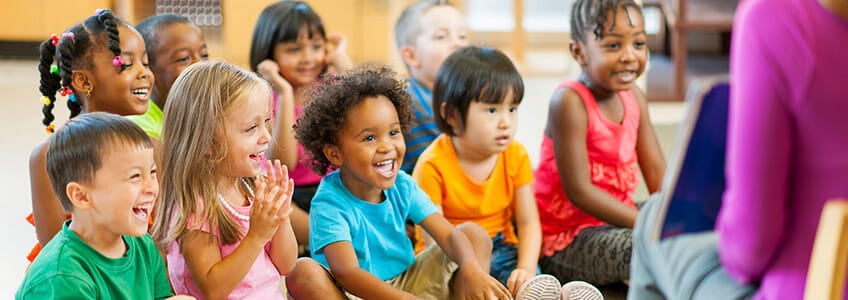
Credit: www.umassglobal.edu
Innovations In Early Childhood Education
Early childhood education has evolved significantly in recent years, embracing innovative approaches to enhance learning experiences for young children.
Technology Integration
Technology integration in early childhood education involves incorporating digital tools and devices to support learning and development in young learners.
Play-based Learning Approaches
Play-based learning approaches focus on engaging children in hands-on activities and exploration to promote creativity, problem-solving, and social skills.
Global Perspectives On Early Childhood Education
The purpose and approach of early childhood education vary across the globe, reflecting diverse cultural, social, and economic contexts. Understanding global perspectives on early childhood education provides insights into the diverse approaches and practices that contribute to the development and well-being of young children worldwide.
Comparative Approaches In Different Countries
Early childhood education (ECE) encompasses a broad spectrum of practices, from formal schooling to informal learning experiences. In different countries, the approaches to ECE are shaped by cultural norms, educational policies, and societal values. For instance, some countries prioritize play-based learning, while others emphasize structured academic programs. Understanding these diverse approaches can offer valuable insights into the impact of cultural and societal factors on early childhood development.
International Early Education Standards
International early education standards provide a framework for ensuring quality and consistency in early childhood education programs across different countries. These standards encompass various aspects, including curriculum development, teacher qualifications, learning environments, and assessment practices. By promoting the adoption of international standards, policymakers and educators aim to enhance the quality of early childhood education on a global scale, ultimately benefiting the holistic development of young children.

Credit: www.slideshare.net
Future Directions In Early Childhood Education
The future of early childhood education holds exciting possibilities for the development of young minds and shaping the leaders of tomorrow.
Emphasis On Social-emotional Learning
Early childhood education is shifting towards prioritizing social and emotional skills, nurturing children’s empathy and resilience.
Incorporating Diversity And Inclusion
Ensuring early childhood education embraces diversity and inclusion, creating a welcoming environment for all children to learn and grow together.

Credit: www.kidscorneraz.com
Frequently Asked Questions
Why Is Early Childhood Education So Important?
Early childhood education is crucial because it sets the foundation for a child’s future. It helps in developing cognitive, social, and emotional skills that are necessary for success in life. Children who receive quality education in their early years are more likely to excel academically, have better social skills, and make positive contributions to their communities.
What Is The Most Important Goal Of The Early Childhood Program?
The most important goal of the early childhood program is to promote holistic development in young children.
Why Is Early Childhood Education Important In Naeyc?
Early childhood education in NAEYC is crucial for children’s development. It lays the foundation for lifelong learning and success by promoting social, emotional, and cognitive skills. Quality early education enhances school readiness and helps children thrive in their future academic and personal endeavors.
What Is The Important Role Of Early Childhood Educators?
Early childhood educators play a crucial role in nurturing young children’s development, fostering a love for learning, and providing a safe and supportive environment for growth. Their guidance and care lay the foundation for future success in academics and life skills.
Conclusion
In essence, early childhood education lays the foundation for lifelong learning and development. It nurtures curiosity, social skills, and cognitive abilities crucial for future success. By investing in early education, we invest in a brighter future for our children and society as a whole.
Let’s prioritize early learning!
Lorem Ipsum is simply dummy text of the printing and typesetting industry. Lorem Ipsum has been the industry’s standard dummy text ever since the 1500s, when an unknown printer took a galley of type and scrambled it to make a type specimen book.

